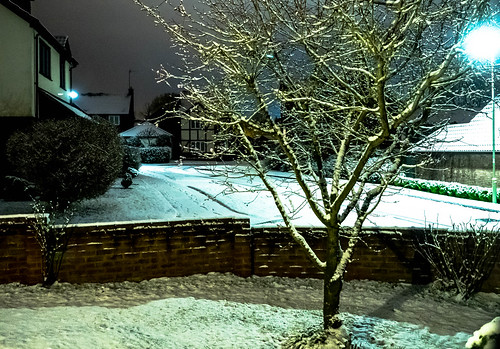
I often drive past a huge advert on the M4 near the North Circular off-ramp which says something like 'Been mis-sold SWAPS? Phone this number'. It's been there for quite a while and another sign of the times.
Wide boys in the city create ostensibly fixed rate business loans but then embed derivatives to hedge their position. It's another round of sharp practice and some big name banks have been implicated.
And I'm expecting the next few months to be full of politico mis-selling as we hit the election on-ramp.
According to Parliament.uk, I see the UK national debt is up at around £1.48 trillion, with £48.1bn in interest per year. That’s without adding in the extra bit for the part government owned banks.
This debt is about 80% of GDP, or about £25k per person.
Now between, say, the mid 80s and around 2009 the debt was in the 40%-50% range, but since 2009-ish it has risen steeply every year and looks set to continue at least until 2016/17. Not my figures, they are from the Office of National Statistics and the Office for Budget Responsibility.

So despite any pandering give-backs before the election, it's highly likely we’ll see another taxation rise after the election. Nothing new there, according to the Institute for Fiscal Studies, each of the last six new elected governments have announced net tax rises, which average £7.5 bn per annum.
That's unless we go back to printing money, I suppose, like the £375bn that the Bank of England electronically issued during UK quantitative since 2009. Instead of channelling the money into public schemes like, say the NHS and schools, it shunted the money directly into gilts, consequently driving bonds and equities.
And guess what?
The richest few percentage of share owners own 40% of all the shares and saw them rise 20%. They liked this and invested even more in upwardly mobile shares. Not in trickle-down spending. Okay, maybe some champagne and caviar. The banks could use their quantitively eased books to create more twisted financial instruments aimed towards those from whom they could make quick bonuses.
As for where the gap gets hidden. As gilt yields fall, so do pension annuity prospects. No biggie for the ever decreasing number of people still on final salary pensions, but for those in pension pots or whatever follows in April, it's a another devaluation.

So, most of the quantitive easing money didn't make it to the 'real' economy. That's the economy where a mere £1bn will rebuild more than 500 schools and £10bn will build 200,000 starter homes. The real workers that would be deployed could spend their sovereign money on stuff, which boosts other parts of the economy.
Oh no. This would never make a Westminster Village scheme, would it?
Even with my profligate spending above of £11,000,000,000, there's still the other £364,000,000,000 of the quantitive easing scheme to consider. That's still more than half a year's total UK government spending.
There's still arguments being trotted out around future austerity - sometimes that's also a code for punish the poorest. Another argument is about how low growth deepens debt so the private sector cuts spending - not what they said when the money was being printed. All of it seems like broken logic after the 2009-14 performances.
The political classes need fresh thoughts as we enter the last 90 days. I suspect it will all be trite polemics whilst the meaningful graphs remain hidden.




















